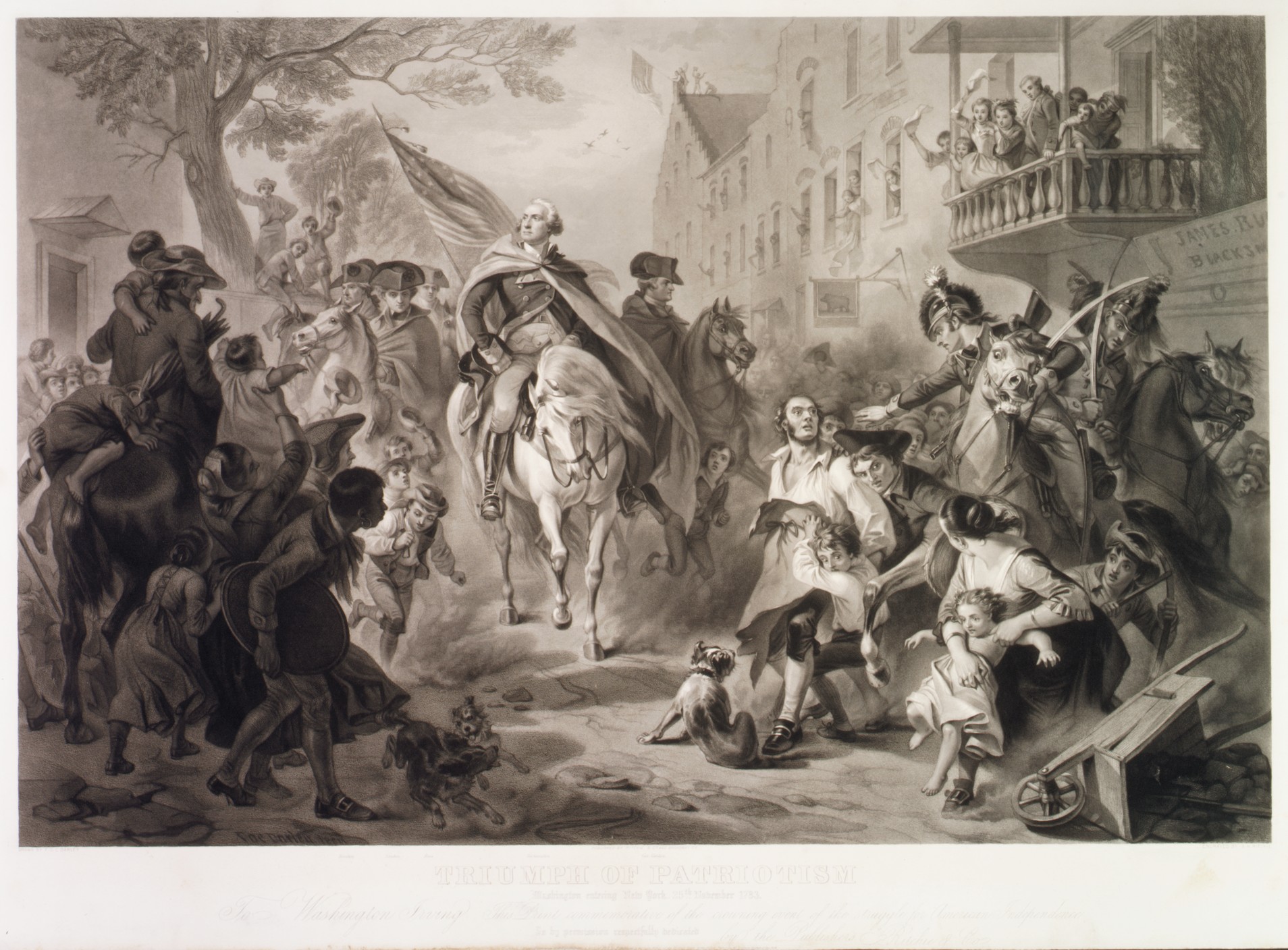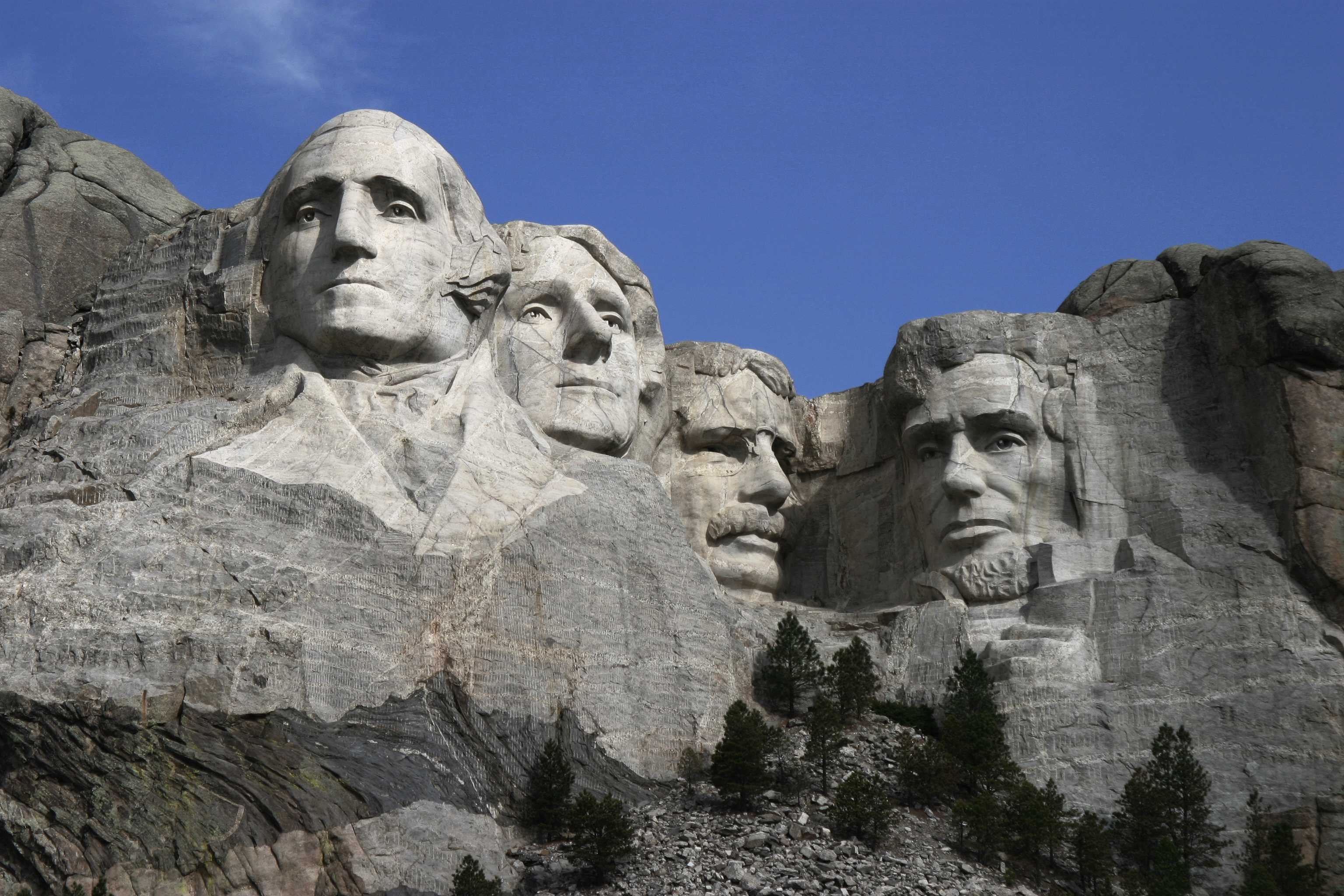George Washington: The First Father of American Liberty and Democracy
On a cold winter morning of February 22, 1732, in Westmoreland County, Virginia, a baby boy was born who would one day lead a revolution and become the first president of a new nation. This was George Washington, born to Augustine Washington and his second wife, Mary Ball Washington. Little did anyone know that this child would grow up to become one of history's most remarkable leaders.
Unlike many founding fathers who attended college, young George's formal education ended around age 15 after his father's death. But what he lacked in formal schooling, he made up for with a lifetime of self-education and practical experience. He learned surveying, a valuable skill that would serve him well in his early career. By age 17, he was already working as a professional surveyor in Virginia's frontier territories.
Growing up on a plantation, George learned about farming, leadership and responsibility at an early age. His father's death meant he had to grow up quickly, helping his mother manage their family estate. His half-brother Lawrence became a father figure, introducing him to influential Virginian society and the military world.
In 1752, at just twenty years old, Washington inherited Mount Vernon after Lawrence's death. But his attention was increasingly drawn to military service. The French and Indian War (1754-1763) gave young Washington his first taste of military leadership – and valuable lessons in both success and failure.
His first major military mission in 1754 didn't go as planned. Leading a small force against the French in the Ohio Valley, Washington was forced to surrender at Fort Necessity. However, this defeat taught him crucial lessons about leadership and strategy. He continued serving, showing remarkable courage under fire. During one battle, he had two horses shot from under him and found four bullet holes in his coat – yet emerged unscathed.
After the war, Washington returned to Mount Vernon in 1759, having gained valuable military experience and a reputation for leadership. He married Martha Dandridge Custis, a wealthy widow with two children. Together, they made Mount Vernon one of Virginia's most prosperous plantations. Washington experimented with new farming techniques and expanded the estate to over 8,000 acres.
Washington became one of Virginia's most prominent citizens, serving in the House of Burgesses (Virginia's legislature). He lived the life of a successful gentleman farmer, but growing tensions with Britain would soon call him to a greater purpose.
As Britain imposed increasingly harsh taxes and restrictions on the colonies, Washington gradually shifted from a loyal British subject to a leader of resistance. When the First Continental Congress met in 1774 to address colonial grievances, Washington attended wearing his old military uniform – a clear signal of his readiness to fight if necessary.
After the battles in 1775, the Second Continental Congress needed someone to lead the newly formed Continental Army. Washington, with his military experience and commanding presence, was the natural choice. On June 15, 1775, he was unanimously elected Commander-in-Chief.
Taking command of the ragtag Continental Army outside Boston, Washington faced a daunting task. His army was poorly equipped, untrained and constantly short of supplies and money. But Washington's leadership qualities shone through. He insisted on discipline, trained his troops and most importantly, never gave up despite numerous setbacks.
The early years of the war were especially difficult. After being forced to retreat from New York in 1776, Washington made a bold move on Christmas night, crossing the ice-filled Delaware River to surprise Hessian troops at Trenton. This victory, followed by another at Princeton, boosted American morale when it was desperately needed.
The brutal winter at Valley Forge (1777-1778) tested both commander and troops. Washington's men faced severe shortages of food, clothing and shelter. Yet under his leadership, the army emerged stronger and better trained, thanks in part to help from allies like Baron von Steuben.
After years of struggle and with crucial help from French allies, Washington finally achieved victory at Yorktown in 1781, forcing British General Cornwallis to surrender. The war was effectively over, though the formal treaty wasn't signed until 1783.
What happened next revealed Washington's true character. Many expected him to seize power, perhaps even become king. Instead, in a move that stunned the world, he resigned his commission and returned to Mount Vernon. King George III reportedly said that if Washington resigned his power, "he will be the greatest man in the world."
Washington hoped to enjoy a quiet retirement, but his country needed him again. When the new Constitution was ratified, he was unanimously elected as the first President of the United States. He served two terms (1789-1797), establishing countless precedents that shaped the American presidency.
As president, Washington worked to unite the young nation. He established a strong federal government while respecting state rights, created the first cabinet and set up the federal court system. He remained above partisan politics, warning in his farewell address about the dangers of political parties and foreign alliances.
Despite his towering historical status, Washington was very human. He struggled with decisions, worried about doing the right thing and sometimes lost his temper (though he worked hard to control it). He was tall and athletic, an excellent horseman and loved to dance. Though serious in public, he could be warm and funny with friends.
Many myths surround Washington – like the cherry tree story (which isn't true). The real Washington was more impressive than the myths. He wasn't perfect, but he consistently put the good of his country above his personal interests. As a slave owner, he grappled with the contradiction between American liberty and slavery, eventually freeing his slaves in his will (though they weren't freed until after Martha's death).
"It is far better to be alone, than to be in bad company." - George Washington, American President
After refusing a third term as president – another important precedent – Washington returned to Mount Vernon in 1797. He spent his final years managing his estate and entertaining a constant stream of visitors. On December 14, 1799, after catching a severe cold, he died at Mount Vernon, aged 67.
George Washington's greatest legacy wasn't just what he achieved, but what he refused to do. He could have been a king, a dictator, or president-for-life. Instead, he voluntarily gave up power – twice – setting an example of servant leadership that inspired leaders worldwide.
His leadership style was marked by persistence rather than brilliance. He wasn't the most talented general or the most eloquent speaker, but he never gave up, took responsibility for his mistakes and always put his duty first. He understood that his actions would set precedents for future generations.
Today, Washington's face appears on the dollar bill and Mount Rushmore, his name graces a state and countless places across America and his birthday is a national holiday. But perhaps his greatest monument is the democratic republic he helped create – a nation that, despite its flaws and struggles, still strives to live up to the ideals he represented.
Washington wasn't just America's first president; he was indispensable in creating a new kind of nation, one based on citizenship rather than kingship, on law rather than power. His story reminds us that great leadership isn't about personal glory, but about serving others and doing what's right for the greater good.
If you found this story of America's founding father inspiring, please like and share it with others who might enjoy learning about this remarkable leader. Your comments and thoughts on Washington's legacy are most welcome - what aspect of his life did you find most inspiring? Share this piece of history with friends and family who appreciate stories of exceptional leadership and courage.
More Stories You May Like




